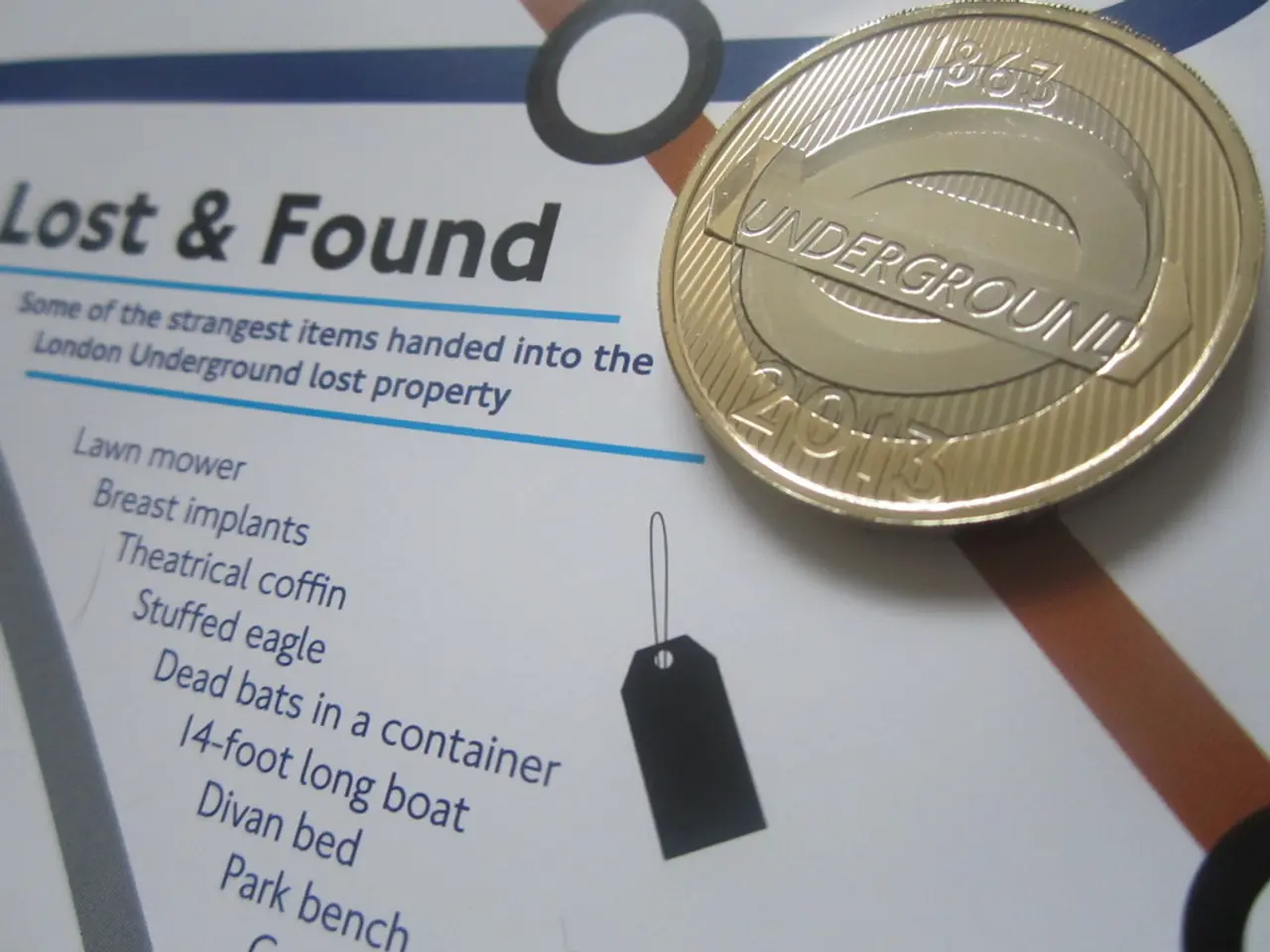Government report underscores significant financial hurdles for homeowners in the surging Boiler Upgrade Scheme, revealing escalating difficulties.
Boiler Upgrade Scheme: Addressing Barriers for Wider Adoption
The Boiler Upgrade Scheme (BUS), designed to encourage the adoption of low-carbon heating technologies, has seen some success in promoting heat pump adoption, but challenges remain. A recent report suggests that ensuring a clear pathway for homeowners and installers is crucial for the scheme's success.
Despite the challenges, the government is taking steps to address the three main barriers—cost, regulation, and skilled labor shortages—to unlock wider adoption of low-carbon heating technologies.
Affordability Enhancements
To tackle the high upfront costs of low-carbon heating systems, the government has significantly increased funding for the BUS. The grant budget for 2025/26 has expanded to over £295 million, providing upfront grants of £7,500 for air and ground source heat pumps and £5,000 for biomass boilers in eligible rural properties. This direct payment to installers reduces the upfront cost barrier for homeowners.
Red Tape Reduction
A major policy reform has removed the need for planning permission for most heat pump installations within one metre of a property boundary. This reform has vastly sped up approvals, reducing delays from local authorities. The proportion of installations requiring planning permission has dropped from around 30–40% to just 5–10%.
Workforce Development
The government and related programs have increased training efforts to build installer capacity. Over 5,000 heat pump engineers have been trained under the Heat Training Grant, expanding the qualified workforce critical to meeting installation demand and overcoming bottlenecks.
Policy Reforms Needed Going Forward
To maintain affordability and address workforce shortages, continued expansion of grant funding, simplification and standardization of eligibility criteria and administrative processes, scaling up installer training programs, and incentivizing new entrant recruitment are needed. Potentially, further easing regulatory hurdles around installations and permitting could also sustain the accelerated adoption momentum.
Enhanced public awareness campaigns are also crucial, as surveys indicate only about 28% of the UK population are currently aware of the BUS, limiting uptake despite generous subsidies.
While satisfaction levels with heat pump installation and usage are high, addressing concerns about the handover process and overly technical information without adequate guidance is essential to further boost adoption. As many homeowners had limited experience using their heat pumps for a full heating season at the time of the survey, satisfaction levels may evolve over time.
Together, these reforms aim to unlock wider adoption of low-carbon heating technologies through the Boiler Upgrade Scheme, with current measures already showing positive impacts, such as increased uptake, and future reforms likely building on these foundations.
- To further boost adoption of low-carbon heating technologies under the Boiler Upgrade Scheme (BUS), it's essential to address concerns about the handover process and provide adequate guidance for homeowners.
- As many homeowners may have limited experience using their heat pumps for a full heating season, satisfaction levels may evolve over time, necessitating enhanced public awareness campaigns about the BUS.
- Alongside increasing grant funding, simplifying eligibility criteria, standardizing administrative processes, scaling up installer training programs, and incentivizing new entrant recruitment, easing regulatory hurdles around installations and permitting could sustain the momentum for wider adoption of low-carbon heating technologies.




